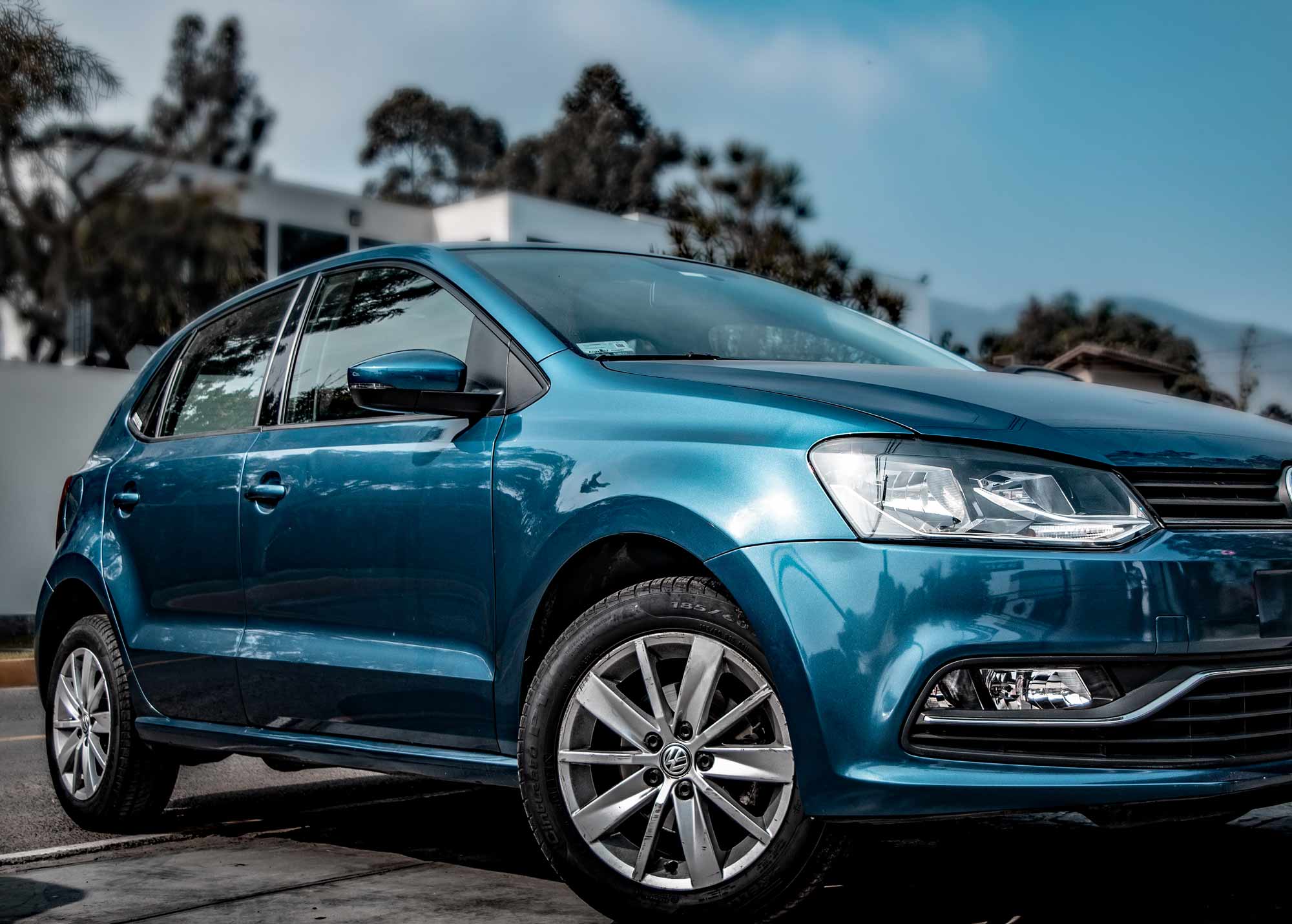Buying a car can often seem like it’s getting more and more expensive. Of course, there are always going to be cheap, second-hand car options that might be easier to save up for and buy outright, but who wants to drive an old banger? If you’d like a nice car and can’t or don’t want to wait until you’ve been able to save up enough to afford to buy it, chances are you are going to have to consider various forms of credit. Thankfully, there are several options to choose from – but which is the right one for you?
Car Finance
The most common way to get a new car using credit is to purchase it on finance, which will usually be provided by a lender that has partnered with the dealership. There are various forms of car finance available over different term lengths, and you will typically have a range of different options to choose from once you have decided which car is right for you. You can buy your car on a basic hire purchase agreement where your monthly payment goes towards eventually owning the car, or you can get ‘just add fuel’ agreements, where your monthly payment covers everything you’ll need for your car for the duration of the agreement including insurance, tax, and maintenance.
Leasing
Leasing is another popular option for those who want a new car, and since brand new cars depreciate in value very quickly, it’s a wise choice for those who want to drive a brand-new set of wheels out of the dealership. Whether you buy a new car on finance or outright, the value drops dramatically the second you take it home – so leasing means that you don’t need to worry about losing out should you want to sell your car in the future. Leases typically last for around three years and after the term, you can choose to purchase the car and own it, or upgrade to an even newer model. If you love changing cars and always want to be seen driving a brand-new model, this could be the ideal credit option for you.
Personal Loan
One of the downsides of car finance and leasing is that the car is not truly yours until the end of the term. If you decide to purchase your car after the lease, you are the owner, and if you get your car on finance, you don’t own it until you have paid it off. This can lead to issues of its own – insurance might be more expensive if you are not the legal owner of the car, and if you struggle with payments, your car could be repossessed, leaving you without transport. If having your name on the logbook and no worries about your car being repossessed is important to you, you may want to consider taking out a personal loan to purchase your car. Similar to car finance, you will need to make monthly repayments, but the car belongs to you no matter what happens.
Short-Term Loan
Have you been saving up money for a car but still have some more money to save? Perhaps you’ve seen the car of your dreams and want to snap it up before somebody else does, but you haven’t quite hit your savings goal yet. Don’t worry! A short-term loan can be an ideal option to help you bridge the gap and make up the funds that you need to ensure you get that car you’ve been obsessively checking on Auto Trader.
Short-term loans are typically available for smaller amounts of money, although you may be able to get one that is enough to cover the entire cost of your new car, depending on the make, model and year of the car that you are going for. You can spread the repayments over a number of months, usually up to 36 months. This can be cheaper and easier than taking out car finance, as it gives you the option to only borrow what you need and the car will belong to you once you buy it, rather than dealing with a hire purchase agreement.
You can find direct lenders offering pay day loans UK from trusted broker Payday UK and explore your options before picking the right one for you. Payday UK works with a trusted panel of lenders and once you have provided your details, will be able to show you which loans you are most likely to be eligible for.
Part-Exchange
Although it’s not strictly a credit option, part-exchanging your current car can be a quick and convenient way of cutting the cost of buying a new vehicle, leaving you with less to borrow. Most reputable dealerships will offer the option to part-exchange your current car and the amount that you will get for it depends on a number of factors including the age, condition, mileage, make and model of the vehicle that you want to swap. In some cases, you might even be able to straight swap your car, leaving you with no worries at all about which finance option to go for – but this is only usually the case if you are replacing your vehicle with one of lesser value. Another option is to sell your car privately, which will usually earn you more money to put towards reducing the amount you have to borrow to buy your new car, but can be more hassle and more time-consuming.
Deciding on the Right Option for You
When it comes to getting credit for a new car, there’s no right or wrong option – everybody is different, so ask yourself some questions and shop around to figure out which option is more likely to work for you. For example, if you know that you like to replace your car often and enjoy driving the newest models, leasing would be ideal for you as it provides you with a way to do this that takes away the stress of having a car depreciate in value a lot.
On the other hand, if you want the convenience of having everything covered in one simple payment, a ‘just add fuel’ option could be ideal for you as you don’t have to worry about finding separate insurance or making car tax payments. If you would rather own your car outright and want the option to shop around so that you can be sure you’re getting the best deal in terms of interest rates, a personal or short-term loan could be the best option for you.
To figure out which option you should go for, consider how much you can afford to spend on a monthly basis, the type of car that you want to buy and how much it costs, whether or not you have savings or a current car that you can sell to put towards it, and how your credit score is likely to impact your eligibility for certain types of credit.
Buying a new car these days almost always involves borrowing some money if you want to drive away in a nice, new shiny model. Thankfully, there are several options to consider with their own sets of advantages and disadvantages. Before purchasing a car, shop around and do your research on the different options to determine which is the best one for you.






